Blog
What you need to Know about Solar Installation in Nigeria
In Nigeria, the challenges of fuel subsidy removal and inconsistent electricity supply from the Power Holding Company of Nigeria (PHCN) have left individuals and businesses seeking alternative solutions to meet their energy needs. Solar installations have emerged as a promising and sustainable option, providing a reliable source of clean and renewable energy. In this article, we will explore the key components of a solar installation and understand how they play a crucial role in powering homes and establishments with sustainable energy, reducing dependency on costly fuel and mitigating the impact of erratic power supply.
1. Solar Panels:
Solar panels, also known as photovoltaic (PV) panels, are the core components responsible for capturing sunlight and converting it into electricity. These panels consist of multiple solar cells made of silicon, which generate a flow of electrons when exposed to sunlight. The electricity produced is in the form of direct current (DC).
See affordable solar panels from ighomall, same day delivery
2. Inverter:
To power electrical appliances and devices that require alternating current (AC) electricity, an inverter is essential. It converts the DC electricity generated by solar panels into AC electricity, making it compatible with standard electrical systems.
See affordable solar inverters from ighomall, same day delivery
3. Batteries :
Solar installations can store excess energy generated during sunny periods in batteries. This battery storage allows for energy independence, ensuring continuous power supply even during non-sunlight hours or PHCN outages. With reliable battery backup, individuals can reduce reliance on fuel-powered generators and grid electricity.
See affordable solar battery from ighomall, same day delivery
4. Solar Charge Controller:
The solar charge controller acts as a regulator between the solar panels and batteries (if applicable). Its primary function is to prevent overcharging of the batteries, ensuring they remain in optimal condition and extending their lifespan.
See affordable solar charge controller from ighomall, same day delivery
5. Mounting Structure:
The mounting structure provides a secure foundation for the solar panels, ensuring they are optimally positioned to receive maximum sunlight throughout the day. Proper alignment enhances energy production and efficiency.
6. Installation Wiring:
High-quality wiring is used to connect all the components in the solar installation, creating a safe and efficient flow of electricity from the solar panels to the inverter and batteries (if present). Proper wiring ensures minimal energy loss and protects against electrical hazards.
see all Solar and inverter packages from Ighomall here
As Nigeria faces the challenges of fuel subsidy removal and unreliable PHCN power supply, embracing solar energy offers a practical and sustainable solution. Solar installations, with their key components - solar panels, inverters, batteries, charge controllers, mounting structures, and installation wiring - provide clean and renewable energy, reducing dependence on costly fuel and providing a consistent power supply.
To take the first step towards a greener and more reliable energy future, consider exploring solar solutions from Ighomall. Their selection of reliable solar products and expert installations can help you harness the power of the sun and combat the impacts of fuel subsidy removal and epileptic power supply. Embrace solar energy and experience the benefits of a cleaner, more sustainable, and economically viable energy source. Explore Ighomall's Solar Solutions Now!
-320x70.png)









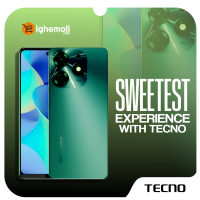


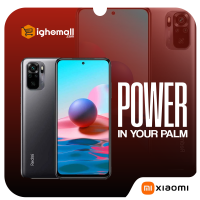


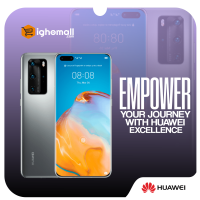




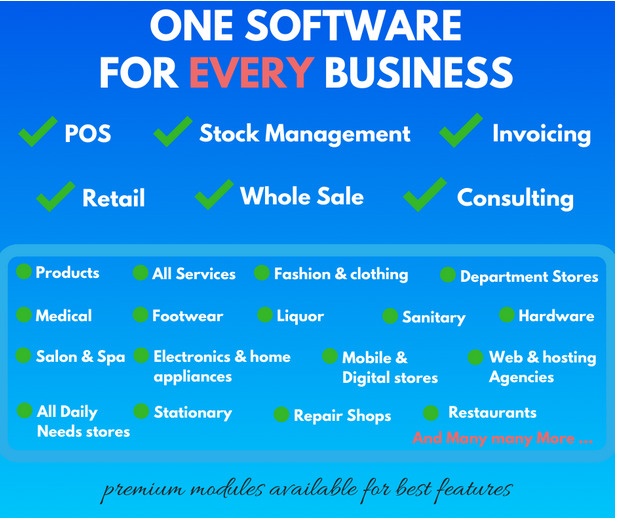

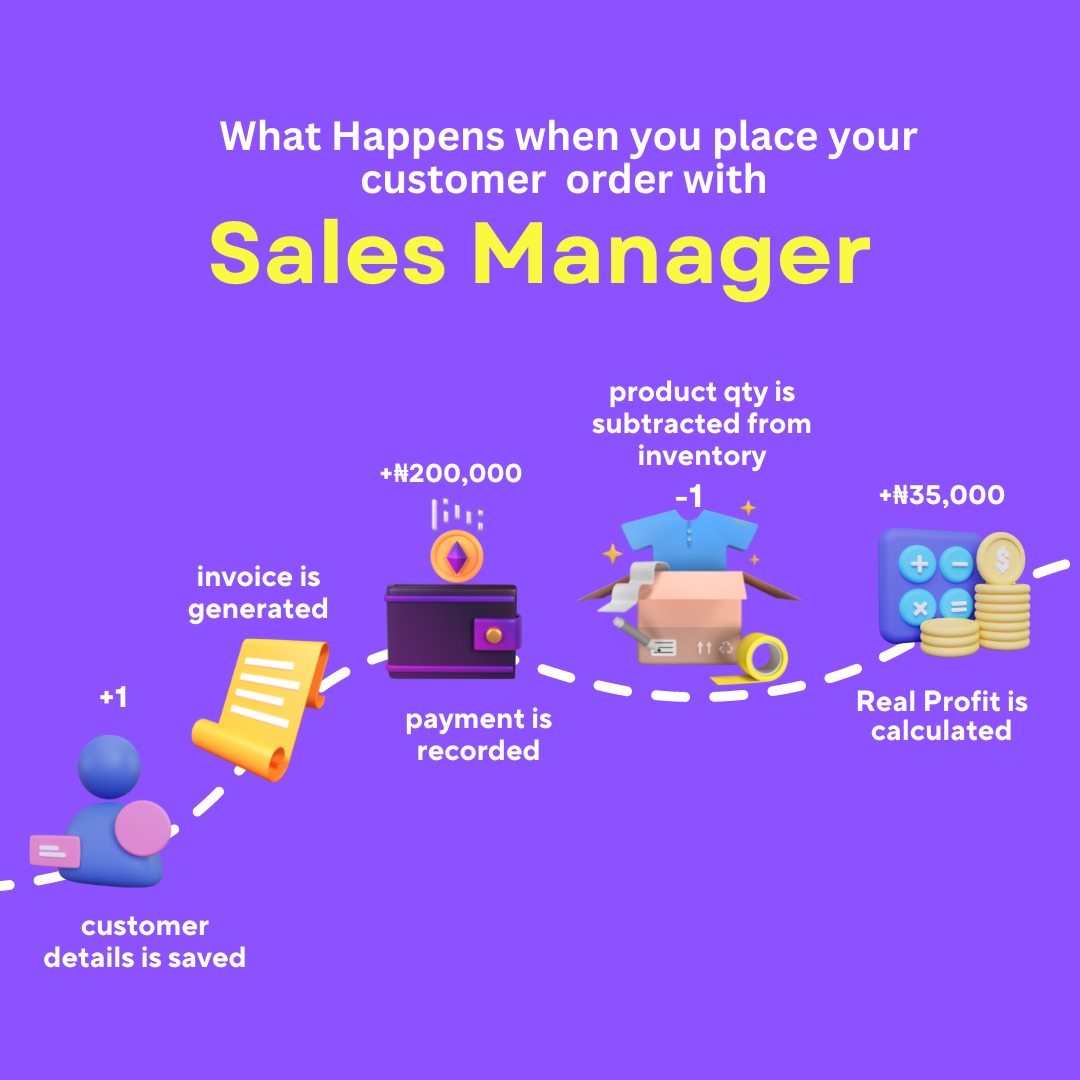
Leave your comment